Content:
- 3 common reasons online casinos don’t pay
- To conclude
Even the fairest online casinos can refuse to pay out for some reason. It’s not uncommon for players to receive an unwelcome message that their withdrawal has been declined. If you received such a notification, don’t start worrying. The reason is that you might have done something wrong. And here’s how to fix it.
Usually, Canadian online casinos inform players about the reason their withdrawal has been declined. So you can always see the message in the notification bar or discuss it with a casino manager via live chat.
If a casino ignores you and acts like nothing happened, it might be a sign of fraud. Here, you need to double-check the license for validity and if it even exists.
That’s why we recommend choosing trustworthy online casinos in Canada that care about their clients and meet them halfway. You can find them above.
3 common reasons online casinos don’t pay
As we said, there are certain reasons why gaming operators decide not to pay out money. And here are the most common of them.
You broke the casino rules
Casino terms and conditions are there not for nothing. You as a player must comply with them as you agreed to do so on the day of your registration at the casino. Of course, many gamblers just tick the “I’ve read the terms and conditions” box without even looking at the document.
But the T&Cs page contains everything you need to know about the casino. And it matters to check the entire rules because if you accidentally (because you didn’t know) break them, you can get a payout refusal.
Online casinos are very strict when checking players for violations of rules. They use security protocols, anti-money laundering policies, and other techniques to check accounts. So it’s unwise to think that you can break a rule and leave it unpunished. Here’s what terms players usually violate:
- Bonus rules. All online casino bonuses have their terms and conditions that you must comply with. These include wagering requirements, qualifying games, betting limits, etc. So make sure to read the bonus terms and understand them right. If something isn’t clear to you, clarify it with a casino support manager.
- Age restrictions. Underaged gambling is strictly controlled. Online casinos get fined if they allow minors to gamble, that’s why no operator wants to deal with the underaged. If you were able to register at a casino as a minor, you would have to provide your ID before payout. So when you’re caught playing underaged, of course, no one will pay money to you. Remember that most Canadian provinces allow you to gamble when you turn 19. And only 3 provinces set a legal gambling age at 18. They are Quebec, Manitoba, and Alberta.
- Self-exclusion. If you exclude yourself from playing on a casino site, the operator must have excluded you from playing on both the casino site and all sister casinos operated by the company. If it finds out that you play on a restricted casino platform, it will refuse to pay out.
Something goes wrong with the banking
If your declined withdrawal doesn’t have to deal with terms and conditions, think about banking issues as they are very common too:
- Withdrawal limits. Every Canadian casino has minimum and maximum withdrawal limits. Plus, they can differ depending on the payment option you use. Usually, players break the rule of maximum withdrawal limits per day, per week, or month. If the rules say you can’t withdraw more than $5,000 a day, you will get a refusal to withdraw $5,500. But if you won a jackpot, there might be different payout rules. It’s better to check with the casino assistant.
- Wrong bank card. For security measures, online casinos send money to those bank cards that you used for deposits. If you use one card for deposit and another for withdrawal, it can seem suspicious for the casino. So try to use the same bank card for both transactions.
- Wagering requirements aren’t met. Bonus rollover requirements are made to reduce bonus hunting, money laundering, and other “crime”. Online casinos set it clear that you cannot withdraw money until you clear the bonus. In this case, you should either meet the requirements or refuse a bonus at all.
- Pending period. Many casinos have a pending period, meaning players need to wait up to 72 hours to get paid. This rule is set because many gamblers deposit again within 3 days after sending a withdrawal request. And for all these payouts and deposits casinos pay fees. Of course, they don’t want to pay them twice so by creating a pending period, online casinos allow players to cancel the request and continue playing, while at the same time, they avoid additional fees. So just try to wait a few days more. Maybe it’s just the pending period?
Account issues
Some players don’t get paid because something is wrong with their accounts:
- You didn’t verify it. Most gambling operators pay only if you have verified your account with documents. It means you have proven you reside in the allowed territory, not underaged, etc. It doesn’t take much time so do it as soon as possible after registration at a casino. It will save you time later when you decide to cash out.
- Duplicated accounts. In the T&Cs, casinos clearly say that you cannot sign up for a second account using the same device, e-mail, IP address, and so on. Of course, it’s impossible to know who gambled at a casino before you if you use a pre-owned decide or desktop. But at least you can check it with your family members or flatmates.
To conclude
As you can see, there are many reasons why casinos can refuse to pay out. If you want to avoid these problems, read the rules and know your rights. This way, you will prevent most mistakes and payout issues. But if a casino doesn’t pay and you know that it’s unfair, contact customer support for details. If it doesn’t make a difference, you can send a formal complaint to the regulator. And don’t forget to enforce it with evidence such as screenshots.
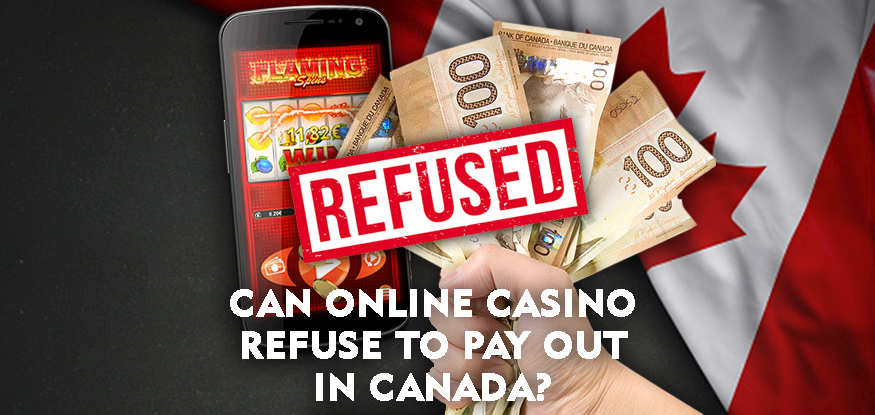
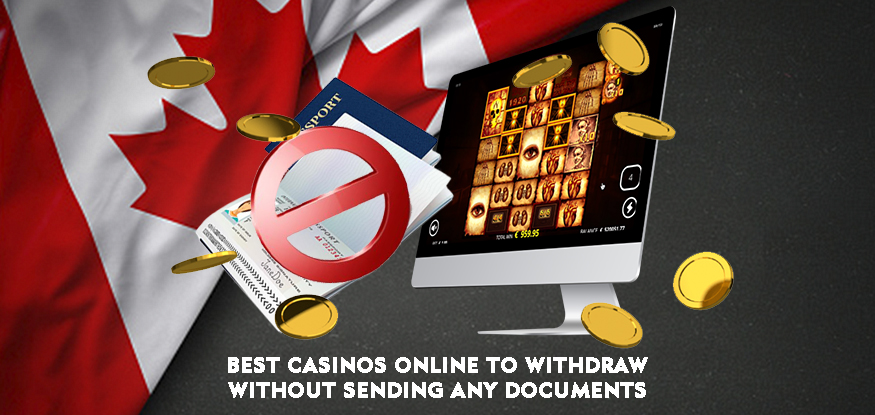 Best Casinos Online That Allow to Withdraw Without Documents in Canada
Best Casinos Online That Allow to Withdraw Without Documents in Canada
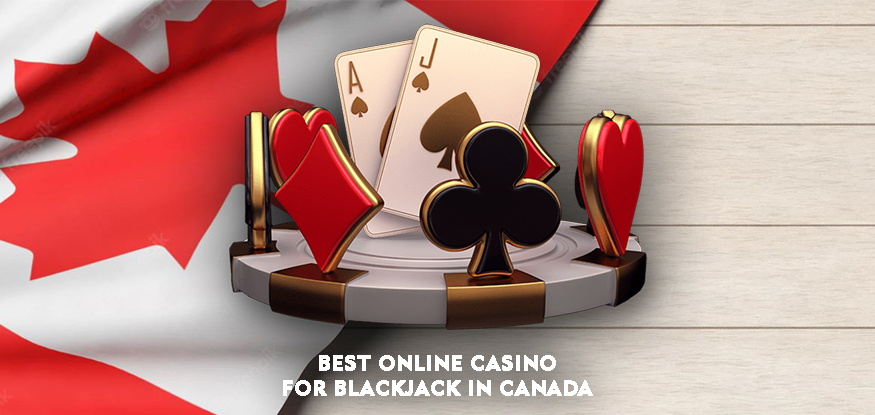 Best Online Casino For Blackjack In Canada
Best Online Casino For Blackjack In Canada
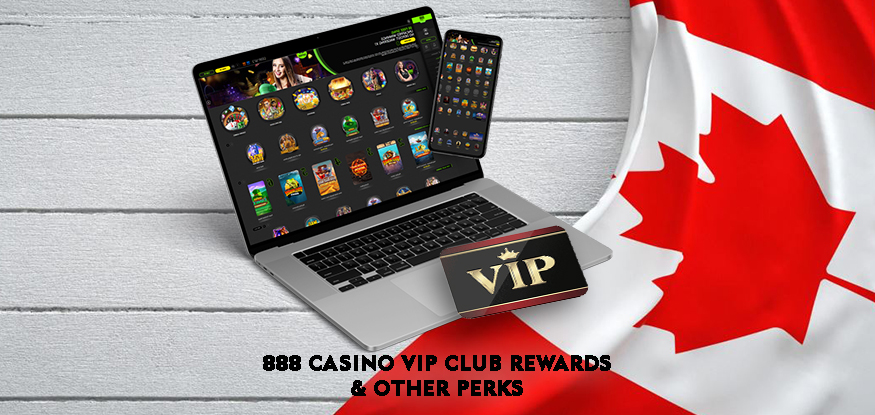 888 Casino VIP Club: Rewards & Other Perks in Canada
888 Casino VIP Club: Rewards & Other Perks in Canada
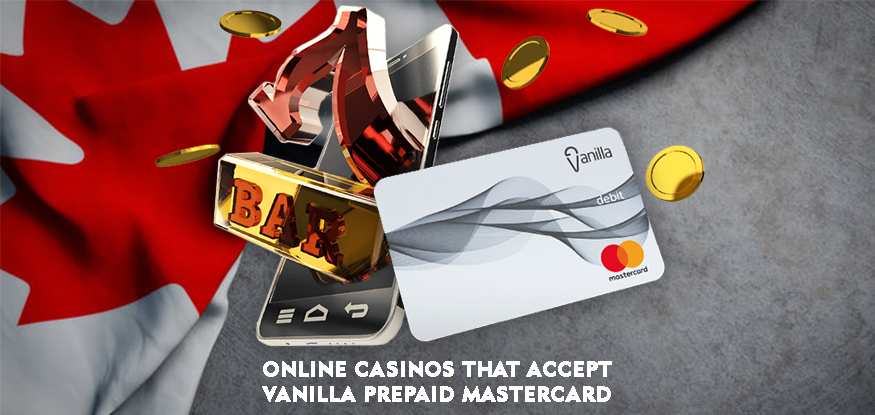 Vanilla Prepaid MasterCard Online Casinos in Canada
Vanilla Prepaid MasterCard Online Casinos in Canada